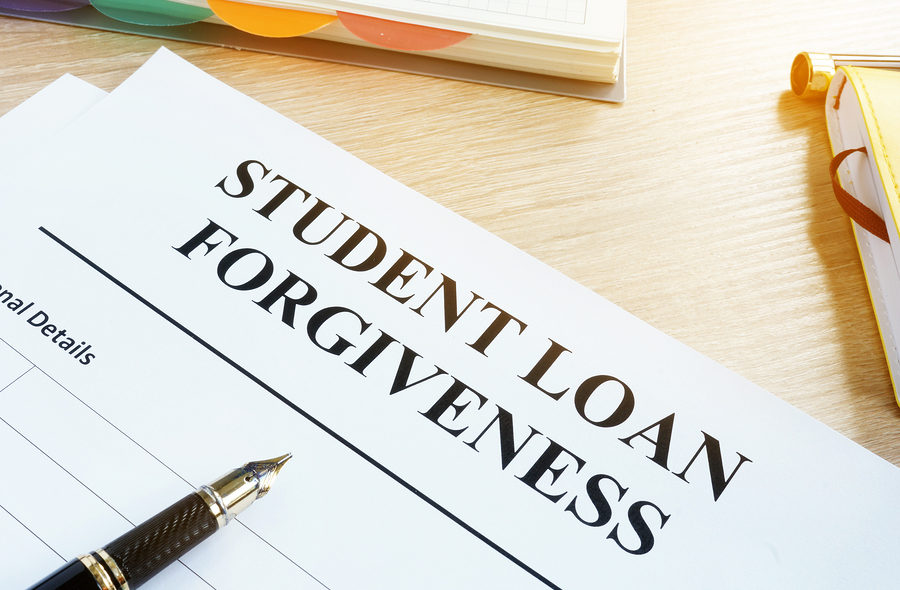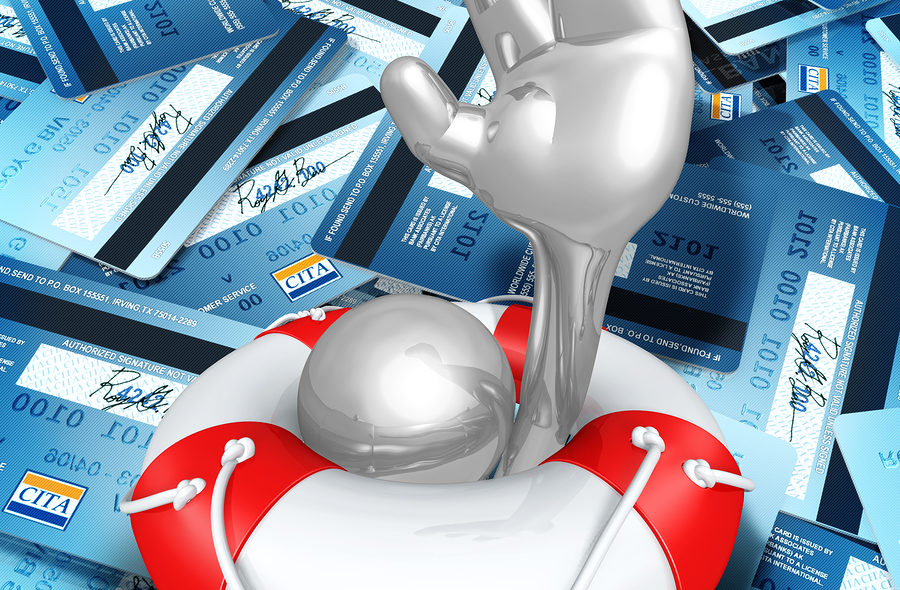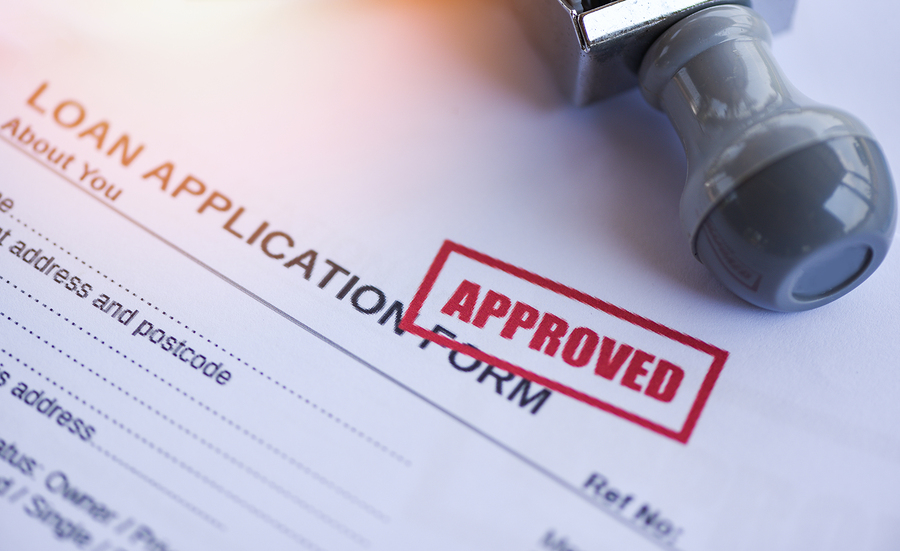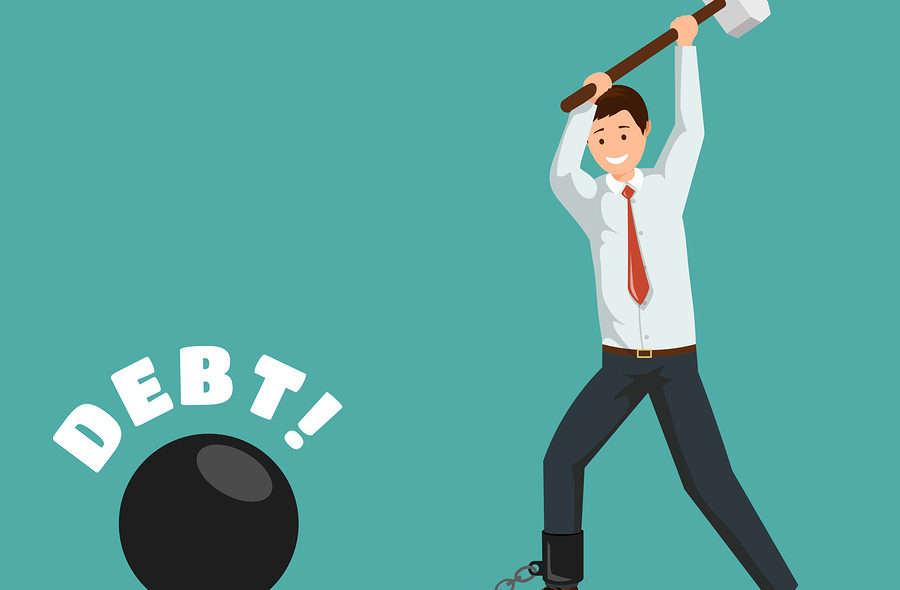Now that the holidays are over, consumers are about to receive a New Year’s “surprise” in the form of a credit card statement. Those who already had a substantial balance on their credit cards, the extra holiday spending has only added to those balances. According to a report from credit bureau, Experian, the average credit card balance has climbed to $6,629.
You are probably wondering the next steps to take to pay down holiday debt before the interest starts mounting. We recommend taking a realistic approach in paying down the balance over the course of the first quarter of the year. By calendaring and planning out the payments, the cardholder can visualize the end goal of paying off the debt.

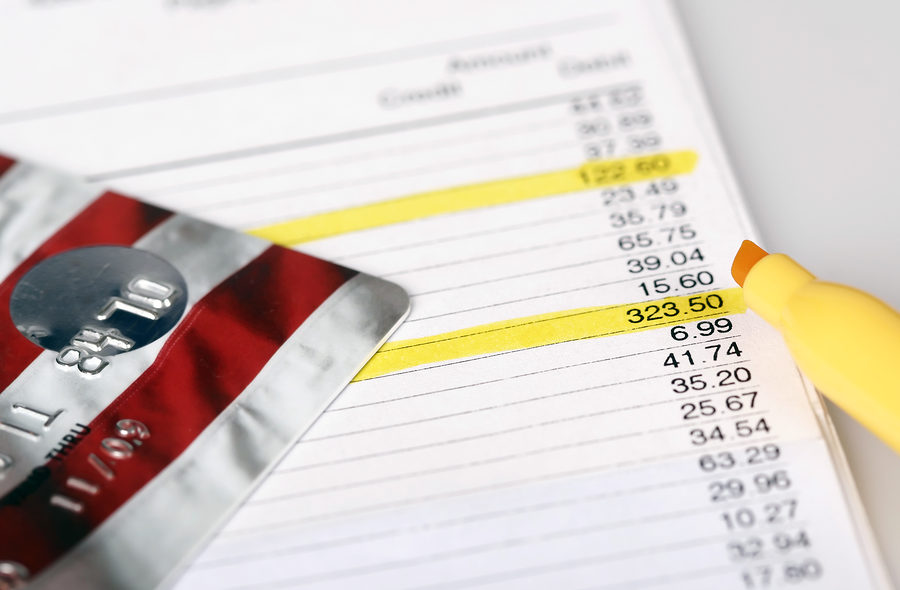

 MIAMI – (January 16, 2019) Managing Shareholder, Timothy S. Kingcade of the Miami-based bankruptcy law firm of
MIAMI – (January 16, 2019) Managing Shareholder, Timothy S. Kingcade of the Miami-based bankruptcy law firm of 